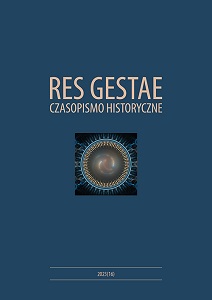Wschód w polityce narodowej i zagranicznej Węgier w XX wieku i na początku XXI wieku
The East in National and Foreign Policy of Hungary in the 20th Century and at the beginning of the 21st Century
Author(s): Tadeusz KopyśSubject(s): Diplomatic history, Political history, Recent History (1900 till today), International relations/trade
Published by: Wydawnictwo Uniwersytetu Komisji Edukacji Narodowej w Krakowie
Keywords: Eastern policy; Euroasianism; Hungary; Eastern policy; Turanism;
Summary/Abstract: Since Hungary’s accession to the European Union, the disappointment of the Hungarian society has grown and resulted in a decline in trust in EU institutions. Fidesz is a moderately Eurosceptic party, while Jobbik was a strongly anti EU party. In July 2010, Viktor Orbán stated that Western societies were in crisis, had lost their moral foundations. After the election success in 2010 and the formation of a new party based government, Fidesz used Euroscepticism to expand the government’s room for maneuver in foreign policy. The source of this tendency in politics is the concept of Turanism – the idea of Hungarians being related to peoples of Turkish and Finno Ugric origin – popular in the interwar period. Is this idea detectable today in Hungarian foreign policy? It seems that the “policy of opening to the East” and the more radical idea of “Eurasianism” have become the modern embodiment of the idea that was present and quite popular on the Danube in the first half of the 20th century. It proves that some Hungarian elites have a clear inclination towards the East.
Journal: Res Gestae. Czasopismo historyczne.
- Issue Year: 2023
- Issue No: 17
- Page Range: 105-131
- Page Count: 27
- Language: Polish

